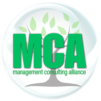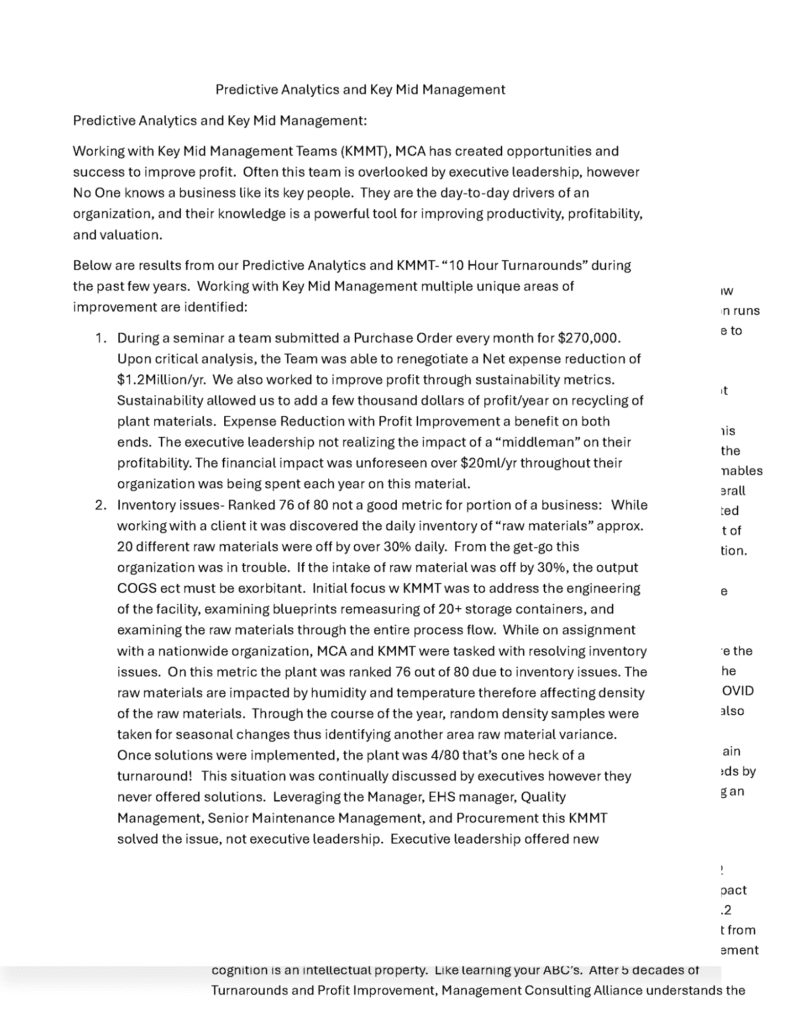helpful info
Resources
Past Projects: Profitability Across Industrial Landscapes
1. Rotterdam Industrial Park – A Powerhouse of Industry
📍 3.6 Million Square Feet
Home to global industry leaders, Rotterdam Industrial Park stands as a testament to successful large-scale operations. With major tenants like GE Gas Turbine, IBM, Procter & Gamble, and Owens Corning Fiberglass, this space has been optimized for high-output manufacturing, logistics, and innovation. Our expertise in improving facility utilization and reducing operational inefficiencies has helped companies in this park increase productivity and revenue streams.
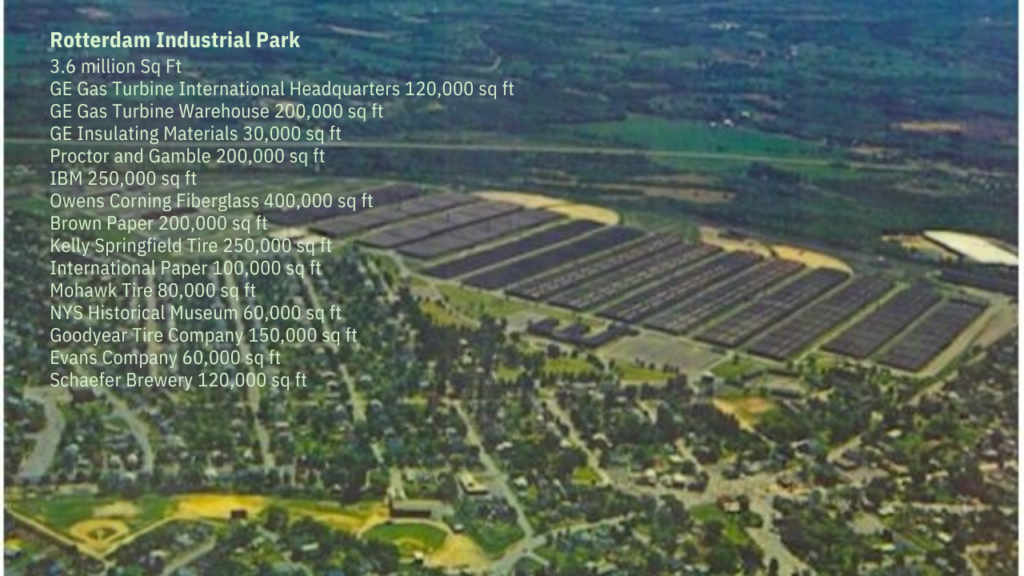

1. Rotterdam Industrial Park – A Powerhouse of Industry
📍 3.6 Million Square Feet
Home to global industry leaders, Rotterdam Industrial Park stands as a testament to successful large-scale operations. With major tenants like GE Gas Turbine, IBM, Procter & Gamble, and Owens Corning Fiberglass, this space has been optimized for high-output manufacturing, logistics, and innovation. Our expertise in improving facility utilization and reducing operational inefficiencies has helped companies in this park increase productivity and revenue streams.
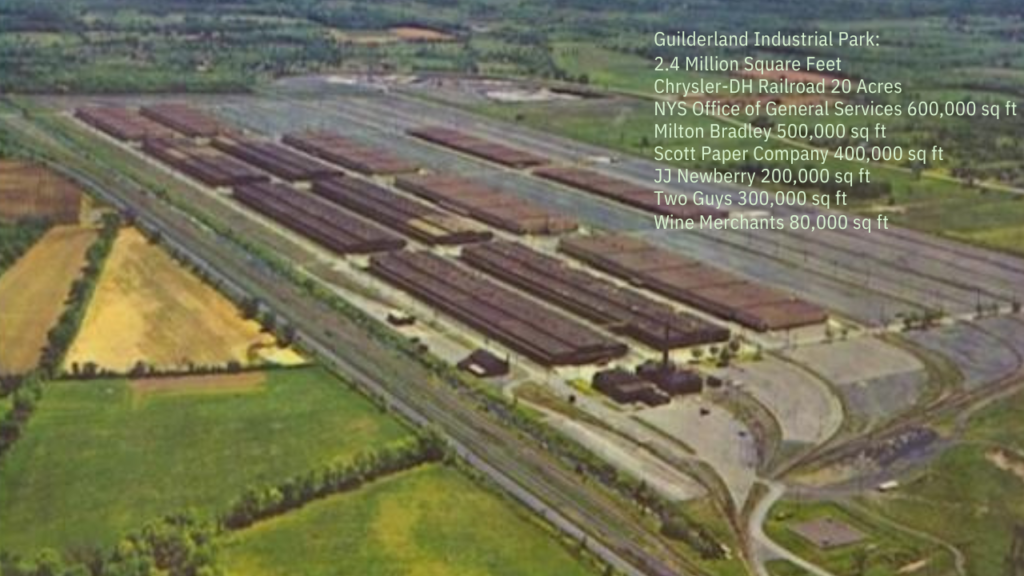
2. Guilderland Industrial Park – Strategic Expansion for Growth
📍 2.4 Million Square Feet
Efficiency meets opportunity at Guilderland Industrial Park, where companies like Milton Bradley, Scott Paper Company, and NYS Office of General Services operate on a massive scale. By enhancing warehouse and distribution networks, we’ve assisted businesses in streamlining logistics, reducing costs, and improving profitability. Our strategic leasing solutions and asset management expertise have made this park a prime location for sustainable growth.
3. Buffalo, NY – Optimized Spaces, Maximized Returns
📍 1 Million Square Feet
Buffalo’s industrial sector thrives with major players such as General Motors, IBM Canada, and Uniroyal Tire. Our focus on efficient space allocation, cost reduction strategies, and adaptive facility enhancements has positioned this site as a high-value asset for businesses. By implementing lean operations and energy-efficient solutions, we have helped industries reduce waste and improve bottom-line performance.
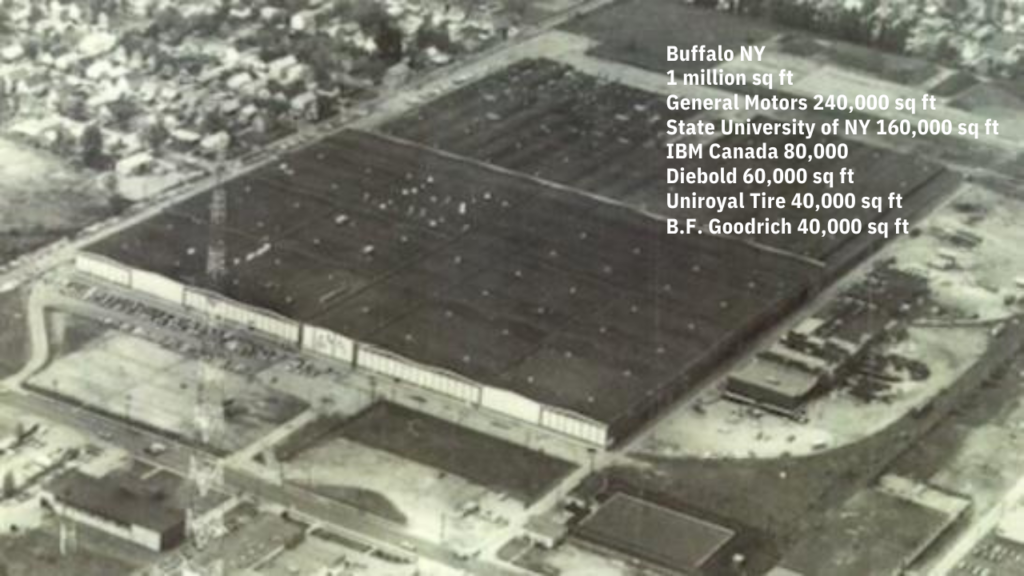

3. Buffalo, NY – Optimized Spaces, Maximized Returns
📍 1 Million Square Feet
Buffalo’s industrial sector thrives with major players such as General Motors, IBM Canada, and Uniroyal Tire. Our focus on efficient space allocation, cost reduction strategies, and adaptive facility enhancements has positioned this site as a high-value asset for businesses. By implementing lean operations and energy-efficient solutions, we have helped industries reduce waste and improve bottom-line performance.
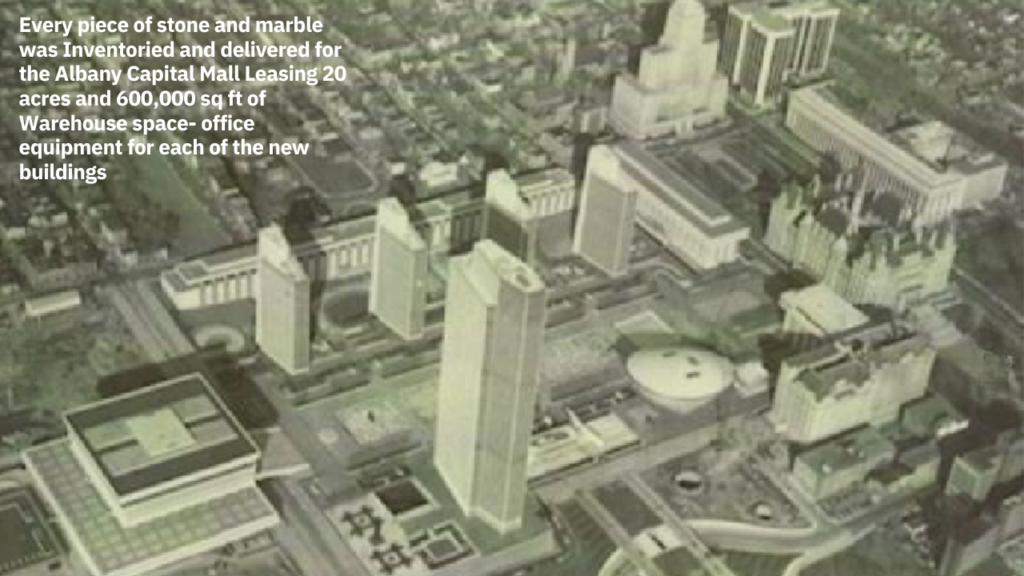
4. Albany Capital Mall Project – Precision in Every Detail
📍 20 Acres & 600,000 Sq Ft of Warehouse Space
Every piece of stone and marble used in the Albany Capital Mall was carefully inventoried and delivered with precision. Our role in leasing and optimizing 600,000 square feet of warehouse space ensured that office equipment, materials, and logistics operated seamlessly for each new building. This project showcases our commitment to meticulous planning, cost control, and operational excellence—core values that drive profitability for our clients.
